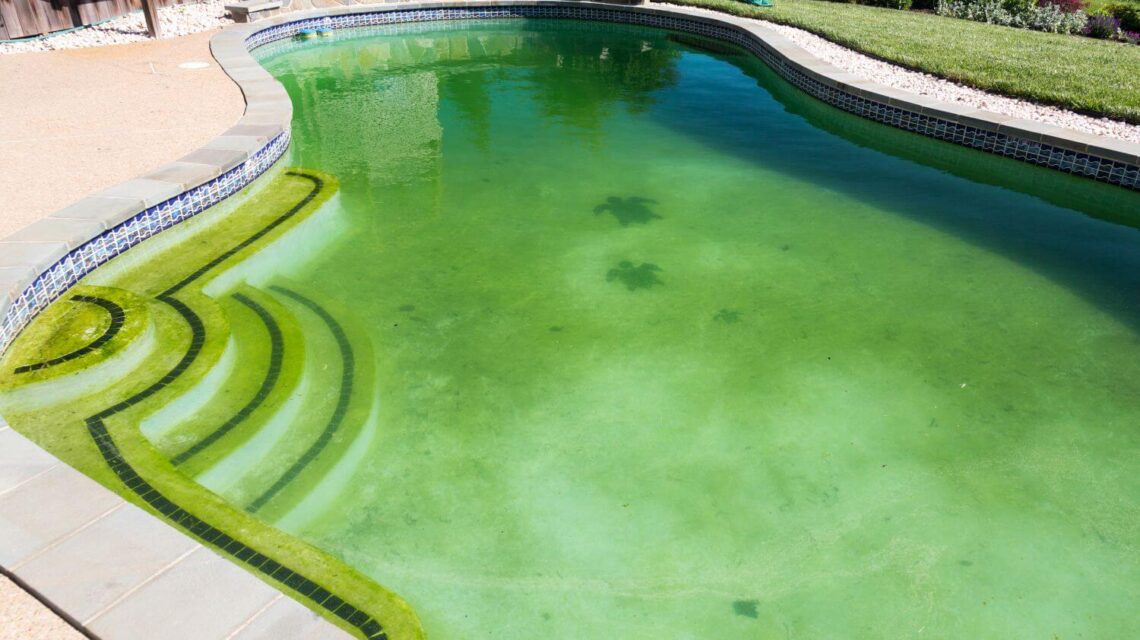Swimming pools are a source of relaxation, entertainment, and exercise for many homeowners. However, owning a pool comes with responsibilities, including regular maintenance and repairs. Neglecting your pool can lead to several issues, including algae growth, equipment malfunction, and ultimately, costly repairs or replacement. In this article, we’ll explore the consequences of neglecting your pool and the expenses associated with repair and replacement.
The Consequences of Neglecting Your Pool
Maintaining your swimming pool is essential to keep it functioning correctly and ensure a safe swimming experience for you and your family. When you neglect your pool, several issues can arise, such as:
- Algae Growth: Algae is a common problem in swimming pools, especially those that are not adequately maintained. Algae can cause your pool water to turn green, making it unsightly and unpleasant to swim in. Additionally, certain types of algae can pose a health risk to swimmers.
- Equipment Failure: Pool equipment, such as pumps, filters, and heaters, need regular maintenance to function correctly. If you neglect your pool equipment, it can malfunction, leading to poor water circulation, filtration, or heating.
- Structural Damage: Poor maintenance can lead to structural damage to your pool’s walls, floors, and other components. Cracks, leaks, and other damages can cause your pool to lose water, become unstable, or even collapse.
- Safety Hazards: Neglecting your pool can create safety hazards, especially for children and pets. Broken tiles, loose handrails, or malfunctioning pool covers can cause accidents and injuries.
Repair Costs
Regular maintenance can help prevent costly repairs, but even well-maintained pools can sometimes require repair services. Some common pool repairs and their associated costs are:
- Pump and Filter Replacement: The pump and filter are critical components of your pool’s circulation system. They keep your pool water clean and clear. A malfunctioning pump or filter can lead to poor water quality and damage to your pool’s other components. The cost of a pump and filter replacement can range from $500 to $1500, depending on the size and type of equipment.
- Liner Replacement: The pool liner is the layer of material that covers the pool’s walls and floor. Liners can crack, tear, or wear out over time, leading to leaks and other structural damages. The cost of a liner replacement can range from $1000 to $3000, depending on the pool’s size and type of liner.
- Tile Repair/Replacement: The tiles around your pool can get damaged due to weather conditions or regular wear and tear. Replacing tiles can be costly, with prices ranging from $500 to $2000, depending on the extent of the damage and the tile material.
- Plumbing Repair: Pool plumbing can get clogged, leak, or crack, leading to water loss or poor circulation. The cost of plumbing repair can range from $300 to $1000, depending on the extent of the damage and the complexity of the plumbing system.
It’s worth noting that these are just estimates, and the actual cost of pool repairs can vary depending on factors such as location, the pool’s age and condition, and the contractor’s rates.
Replacement Costs
If your pool is beyond repair or you want to upgrade it, you may need to replace it entirely. The cost of a new pool can range from $20,000 to $50,000 or more, depending on several factors, such as:
- Pool Type: The type of pool you choose will determine its cost. In-ground pools are generally more expensive than above-ground pools, and custom-built pools can be more expensive than pre-fabricated models.
- Size: The size of your pool will also affect its cost. Larger pools require more materials and labor, making them more expensive than smaller pools.
- Material: The material you choose for your pool can also impact its cost. Concrete and fiberglass pools are typically more expensive than vinyl liner pools.
- Additional Features: If you want to add features like waterfalls, lighting, or a spa to your pool, it will add to the cost.
Replacing your pool can be a significant expense, but it can also be an opportunity to upgrade your inground pool and improve your home swimming experience.
Pool Service FAQs
1. How often should I maintain my pool?
It’s recommended to maintain your pool at least once a week, including cleaning the pool, testing the water chemistry, and inspecting the equipment.
2. Can I repair my pool myself?
Some minor repairs, such as replacing a pool filter cartridge, can be done by homeowners themselves. However, more extensive repairs should be done by a professional pool contractor.
3. Can neglecting my pool affect my home insurance?
Yes, neglecting your pool can affect your home insurance. If your pool is not properly maintained, it can be considered a liability risk, leading to higher insurance premiums or even denial of coverage.
Conclusion
Neglecting your pool can lead to several consequences, including algae growth, equipment failure, structural damage, and safety hazards. Regular maintenance and repairs can help prevent costly expenses associated with pool repair and replacement. If you’re experiencing pool problems, it’s best to consult a professional pool contractor to assess the damage and provide an accurate estimate of the repair or replacement cost. By taking care of your pool, you can ensure a safe and enjoyable swimming experience for years to come.
If you have any questions please get in touch with Pool Services Of Central Florida today at Orlando: (407) 491-9487 | Tampa: (727) 286-8007 | Polk County: (863) 558-1881!




